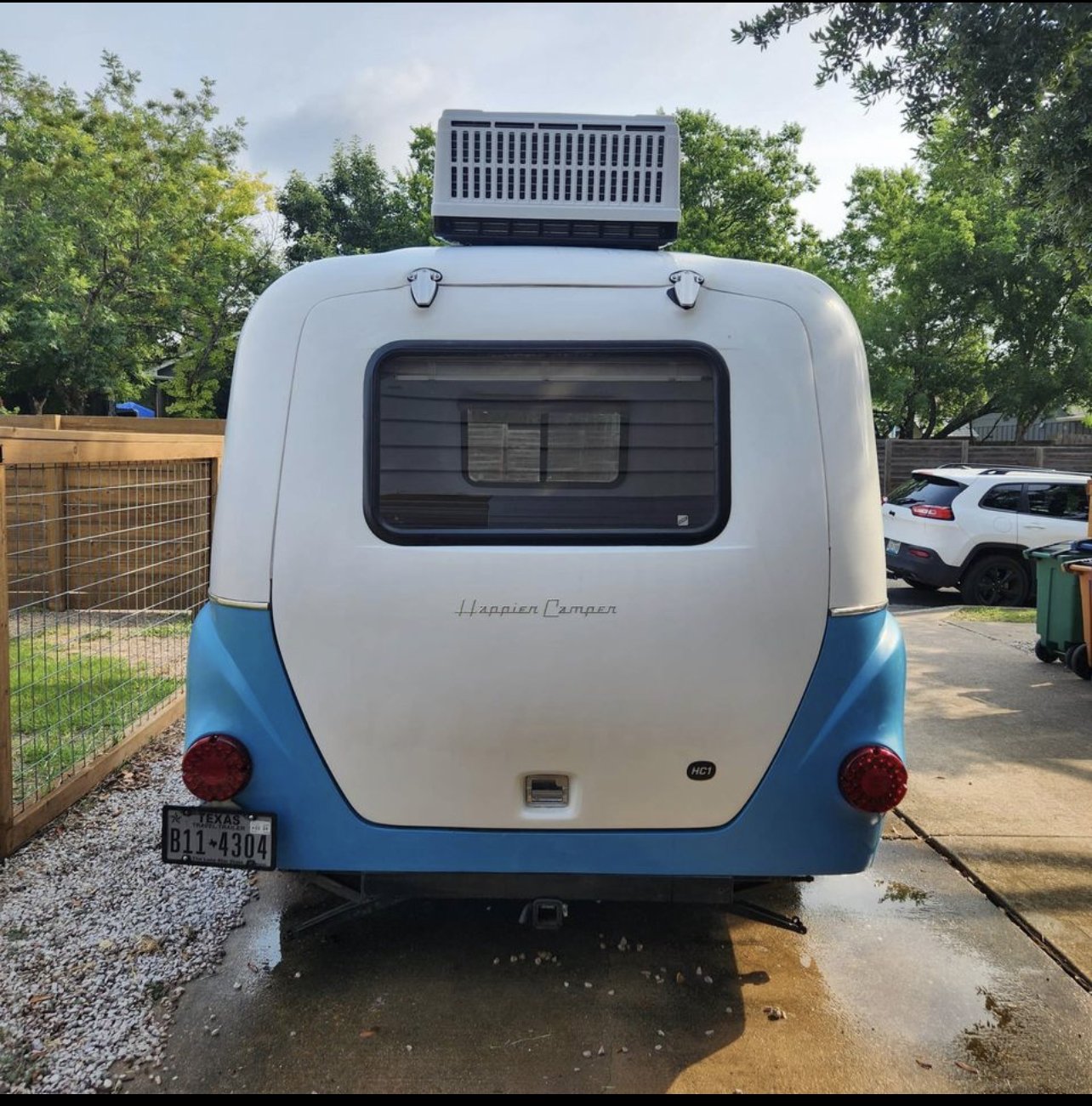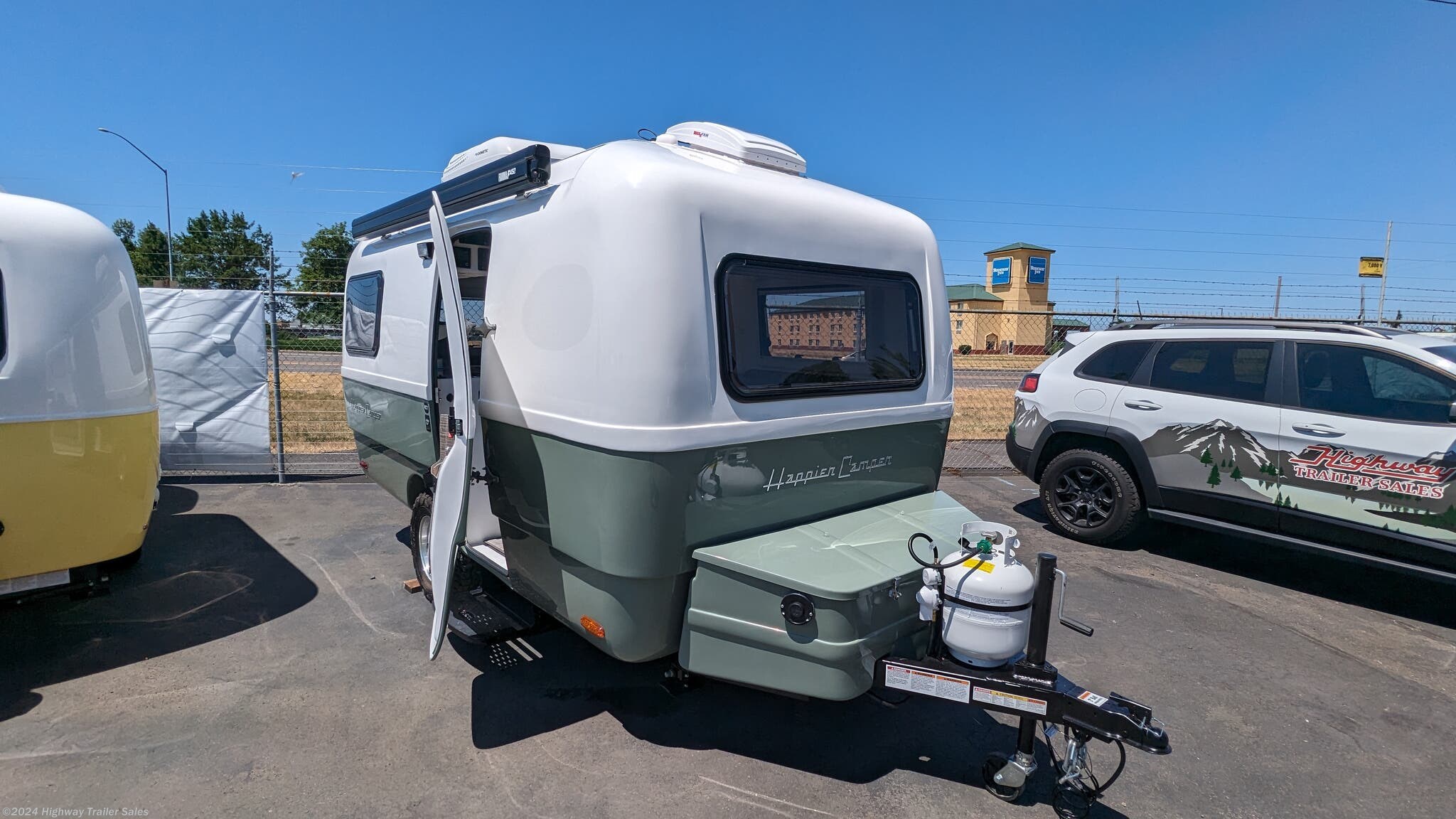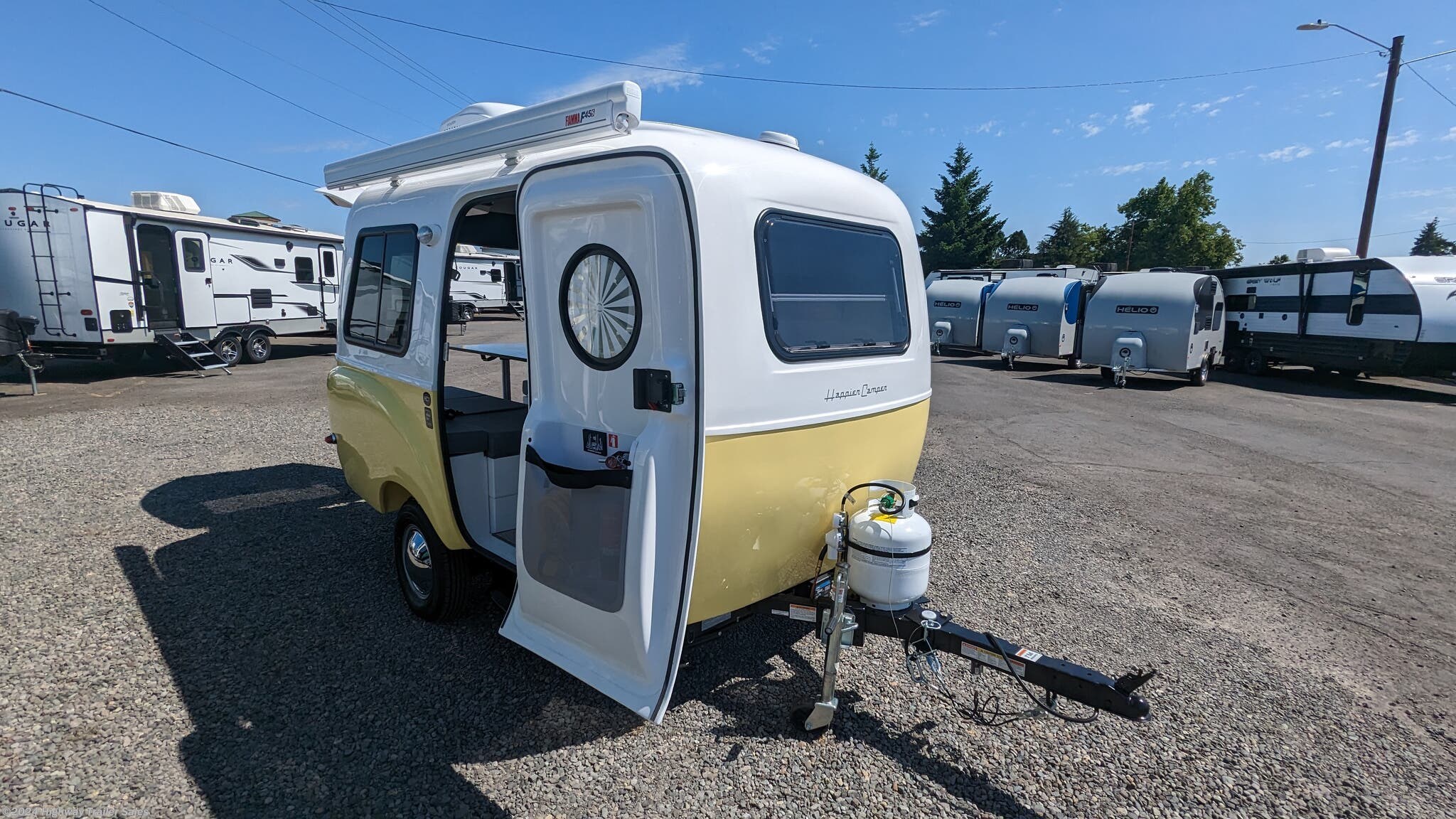Happier Camper Used For Sale – This sense of connection can also extend to the broader culture of quality goods, where consumers and creators share a commitment to excellence and a desire to preserve the craft and tradition behind these products. This has opened up new opportunities for small businesses to thrive and for consumers to access unique, well-made items that they might not have encountered otherwise. Due diligence is a crucial part of the process, where the buyer investigates the business thoroughly to ensure that there are no hidden liabilities, potential risks, or operational inefficiencies. For fashion-conscious individuals, buying second-hand is a way to express their personal style while also supporting sustainable practices. In fact, there’s been a resurgence of interest in artisanal, locally-made products, especially in industries like fashion, home decor, and food. The promise of success in a marketplace driven by capitalism can be an illusion for those who don’t have the resources or opportunities to compete on equal footing. A well-made frying pan or a durable pair of boots might not have the cachet of a designer handbag, but their value lies in their functionality and reliability. Our emotional lives, our personal narratives, and even our deepest fears have been monetized. The most obvious benefit is the cost savings. In times of financial hardship, such as during recessions or periods of high unemployment, more people may turn to second-hand goods as a way to save money. Just as with material possessions, when a person is “for sale,” they put their value on display for others to assess. Online marketplaces have opened up opportunities for people to buy and sell goods from the comfort of their own homes. The items placed for sale are not merely commodities; they are often vessels of memories, symbols of past achievements, or representations of something bigger than the price tag they carry. For the buyer, it can feel like a great opportunity, a chance to acquire something they’ve been searching for, or maybe just the satisfaction of knowing that a good deal is within reach. People are not just looking for things that work well; they want products that elevate their environment and their experiences. Whether it’s the sleek lines of a designer chair or the intricate patterns on a handwoven rug, quality goods are often as much about aesthetics as they are about functionality. This shift from a linear economy, where products are made, used, and disposed of, to a circular one, where products are continually reused and repurposed, is a step towards a more sustainable and environmentally friendly world. The adage “you get what you pay for” rings especially true in the realm of quality goods. A new smartphone, for example, can cost hundreds of dollars, but buying a used one can cut the price down by more than half. This leads to the accumulation of waste that ends up in landfills, contributing to pollution and the depletion of valuable resources.

EXPIRED LISTING 2019 Happier Camper HC1 Used Once 33,000 Mill
100+ locations nationwide12,000+ rvs in stock50+ brandsfriendly and professional

Happier Campers for Sale by Owner — Happier Camper Owners
100+ locations nationwide12,000+ rvs in stock50+ brandsfriendly and professional

SOLD 2021 Happier Camper HC1 36,000 Leadville, CO Fiberglass
100+ locations nationwide12,000+ rvs in stock50+ brandsfriendly and professional

2023 Happier Camper Traveler HCT RV for Sale in Salem, OR 97305 7772
100+ locations nationwide12,000+ rvs in stock50+ brandsfriendly and professional

SOLD 2017 Happier Camper HC1 32,000 NE Seattle, WA Fiberglass
100+ locations nationwide12,000+ rvs in stock50+ brandsfriendly and professional

2023 Happier Camper HC1 Studio Premium RV for Sale in Salem, OR 97305
100+ locations nationwide12,000+ rvs in stock50+ brandsfriendly and professional

2022 Happier Camper HC1, Travel Trailers RV For Sale By Owner in North
100+ locations nationwide12,000+ rvs in stock50+ brandsfriendly and professional

2022 Happier Camper HC1 RV for Sale in Moscow, ID 83843 c675556
100+ locations nationwide12,000+ rvs in stock50+ brandsfriendly and professional

SOLD 2021 Happier Camper HC1 33,000 Capitol Hill, Seattle, WA
100+ locations nationwide12,000+ rvs in stock50+ brandsfriendly and professional

2023 Happier Camper HC1 Studio Premium RV for Sale in Salem, OR 97305
100+ locations nationwide12,000+ rvs in stock50+ brandsfriendly and professional
Every click, every like, every follow, is part of an ongoing transaction. As more people embrace the idea that everything has value, second-hand goods will continue to be a central part of the way
Quality goods for sale have always held a special place in markets around the world, captivating consumers with their promise of durability, performance, and timeless appeal. A well-maintained, quality leather jacket may last a lifetime, whereas a low-cost alternative might only hold up for a couple of seasons. Whether it’s a vintage armchair, a gently used dining table, or a piece of mid-century modern furniture, second-hand furniture can be both functional and stylish. Whether it’s the smooth finish of a well-polished wooden table or the satisfying feel of a perfectly balanced knife in your hand, quality goods evoke a sense of pride in their ownership. For the seller, the goal is often to maximize the value of the business, which requires a clear understanding of the company’s assets, liabilities, and future earning potential. When it’s put up for sale, it can bring with it a sense of loss, as if a piece of the seller’s life is being taken away. For sellers, online platforms provide a global marketplace, allowing them to reach a wider audience than they would through traditional brick-and-mortar stores. Thrift stores, estate sales, and online marketplaces are excellent places to find second-hand furniture, with options ranging from antique and vintage pieces to more contemporary items. One of the key defining features of quality goods for sale is their ability to stand the test of time. After the sale is complete, the buyer assumes responsibility for the business and takes control of its day-to-day operations. People place their belongings for sale for many reasons. Whether buying or selling, the process requires careful consideration, transparent communication, and a thorough understanding of both the financial and operational aspects of the business. The ability to share knowledge, ideas, and resources has empowered individuals in ways that were previously unimaginable. Many quality goods are made by artisans or small businesses who take the time to create products that reflect their expertise and passion. When we begin to view everything through the lens of commerce, it’s easy to lose sight of the things that make life worth living — the moments that aren’t for sale, the experiences that can’t be bought. This can manifest in the context of career, relationships, or personal goals. These platforms have also made it easier for individuals to sell their own pre-owned goods, turning unused or unwanted items into cash. Whether through thrift stores, flea markets, online platforms, or garage sales, second-hand goods provide consumers with an opportunity to find items they might not otherwise be able to afford, while also contributing to a circular economy where products are reused and repurposed. The materials used, whether it’s hardwood, durable fabrics, or premium upholstery, are chosen for their longevity and aesthetic appeal.
The struggle is not in resisting the marketplace entirely, but in finding balance, in ensuring that the things that truly matter cannot be bought, sold, or traded. Online platforms also give buyers and sellers the chance to evaluate one another through reviews and ratings, adding an extra layer of trust and security to the transaction. These moments remind us that there is more to life than the pursuit of profit, and that not everything can be measured by a price tag. An item’s worth can be subjective, influenced by the desires, needs, and circumstances of both the seller and the buyer. What was once limited to boutique shops or high-end department stores can now be purchased from the comfort of one’s home. Even in a marketplace where everything is commodified, there is still room for those moments and experiences that transcend value. These brick-and-mortar stores offer a different shopping experience, one that is often characterized by the thrill of the hunt. The advent of these online platforms means that consumers can hunt for items they might have otherwise overlooked or been unaware of, sometimes at a fraction of the original cost. In this world, emotions can feel like products, available to be consumed at will and disposed of when they no longer serve a purpose. The ability to share knowledge, ideas, and resources has empowered individuals in ways that were previously unimaginable. By buying second-hand goods, consumers can feel good about supporting their communities and giving back to those in need. A car might be sold because it no longer serves the needs of its owner, or perhaps the owner is simply ready for a change. While buying and selling second-hand items can come with its challenges, the rewards—both financially and environmentally—make it a worthwhile pursuit for many people. This shift in mindset has contributed to a growing acceptance and even celebration of second-hand shopping, making it a mainstream activity that is not just about saving money but about making more thoughtful and responsible choices. It can be a metaphor for much deeper exchanges in life. Selling such an item can be a difficult decision, yet it often represents the practical need to downsize or make space for something new. Additionally, there is the challenge of integrating the business into their existing operations and ensuring that it continues to thrive under new ownership. Each item was unique, and the quality was immediately apparent to the buyer. A well-maintained, quality leather jacket may last a lifetime, whereas a low-cost alternative might only hold up for a couple of seasons. While some people may be hesitant to purchase pre-owned electronics due to concerns about quality or reliability, the second-hand market for electronics has become increasingly trustworthy.